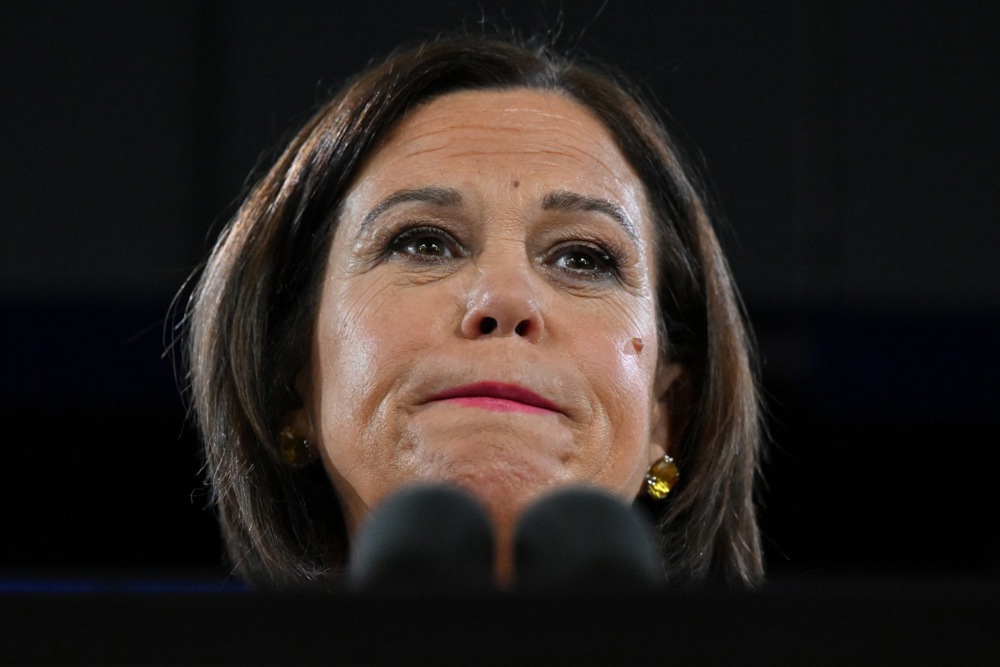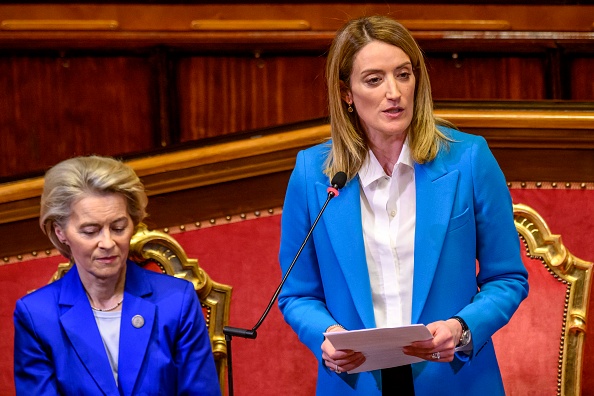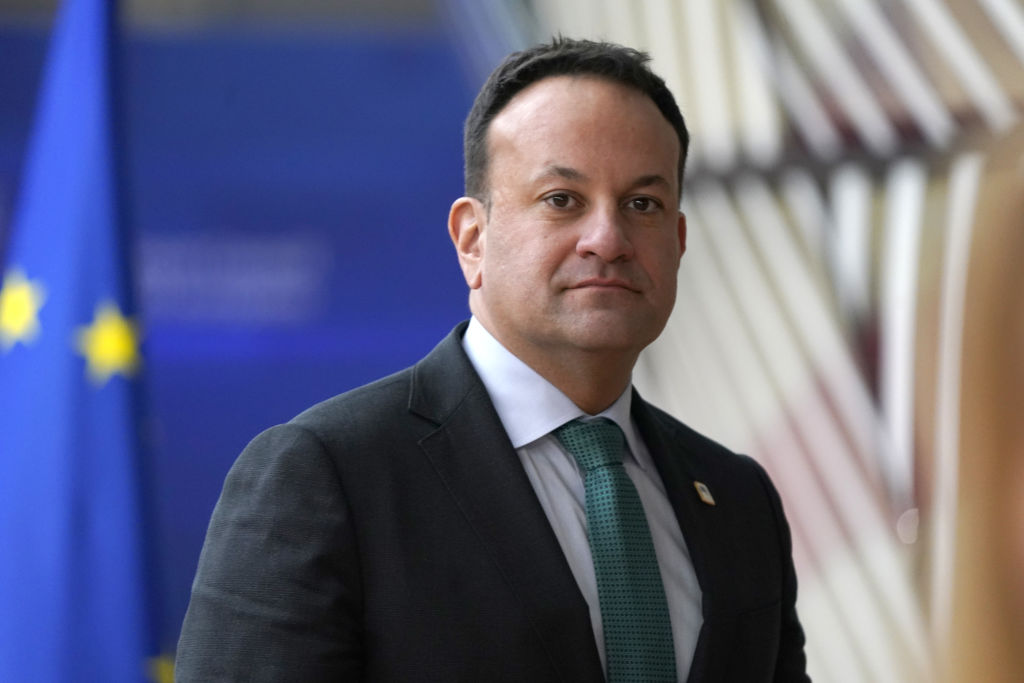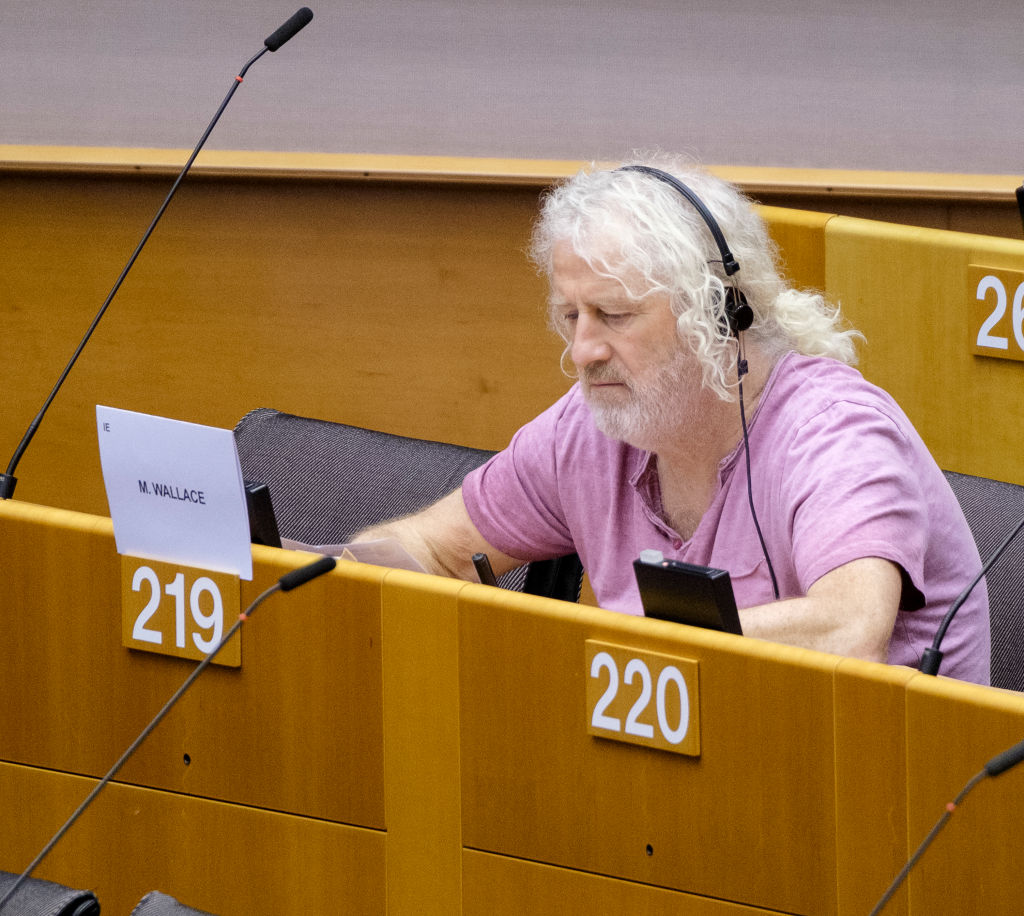Political parties which are members of the European Commission President Ursula von der Leyen’s so-called Grand Coalition look set to dominate the upcoming Irish general election, new polling has found.
Data published by the Irish Times on November 14 showed Fine Gael, a liberal-conservative party which is a member of von der Leyen’s own European People’s Party (EPP), enjoying 25 per cent of the public’s support ahead of the vote on November 29.
In second place was Fine Gael’s coalition partner Fianna Fáil — a centre-right party which is a member of the French President Emmanuel Macron-dominated Renew group — and The Left group’s Sinn Féin, both on 19 per cent.
So-called “independents” made up the bulk of the remaining ballot, with 20 per cent of those polled saying they would vote for either fully unaligned candidates or those who were part of the Independent Ireland (II) bloc.
A registered party on paper, Independent Ireland has been plagued with internal conflict since its founding in 2023. Its sole MEP, Ciaran Mullooly, is a member of the Renew group in the European Parliament alongside Fianna Fáil.
The poll indicated Ireland was at odds with other Western European Union member states, with France, Germany, Italy and the Netherlands seeing increased support for parties on the Right, with those aligned with Renew in particular suffering numerous defeats.
Right-wing parties have struggled to make any gains in Ireland, though, with Fine Gael in particular continuing to enjoy popular support despite being in power for more than a decade.
Part of the reason for the von der Leyen coalition’s success in the country was the implosion in recent months of the opposition Sinn Féin party. Sinn Féin is historically identified as the political wing of the terrorist Provisional IRA. Its leaders maintain a demand for the six counties of Northern Ireland to be re-united with the republic.
A largely left-populist party by nature, issues to do with asylum and illegal migration have seen the party torn between its traditional working-class voter base — who lean Right on social issues and Left on economic ones — and its growing number of middle-class supporters, many of whom support progressive social causes and a centrist fiscal policy.
The party has appeared to have largely opted to appease its middle-class supporters, resulting in an exodus of urban inner-city voters.
The decision has seen its popularity nearly halve over the past two years, with its support dropping from record highs of 36 per cent in 2022 to 19 per cent in this most recent poll – the least popular the party has been since its 2022 surge.
Things could change before the vote, with the ruling government suffering a surprise defeat in a referendum earlier this year that aimed to erase certain references to women from the Irish Constitution. The voters refused to support changes to the definition of families and refused to support changes to the traditional status of women as defined in the constitution.
Ireland has brought a new Hate Crime Bill into law but leading Irish gay and feminist advocates have said the new legislation was sloppily drafted, “threatens free speech and places our rights at risk”. https://t.co/LoJzwcnZhL
— Brussels Signal (@brusselssignal) October 31, 2024





